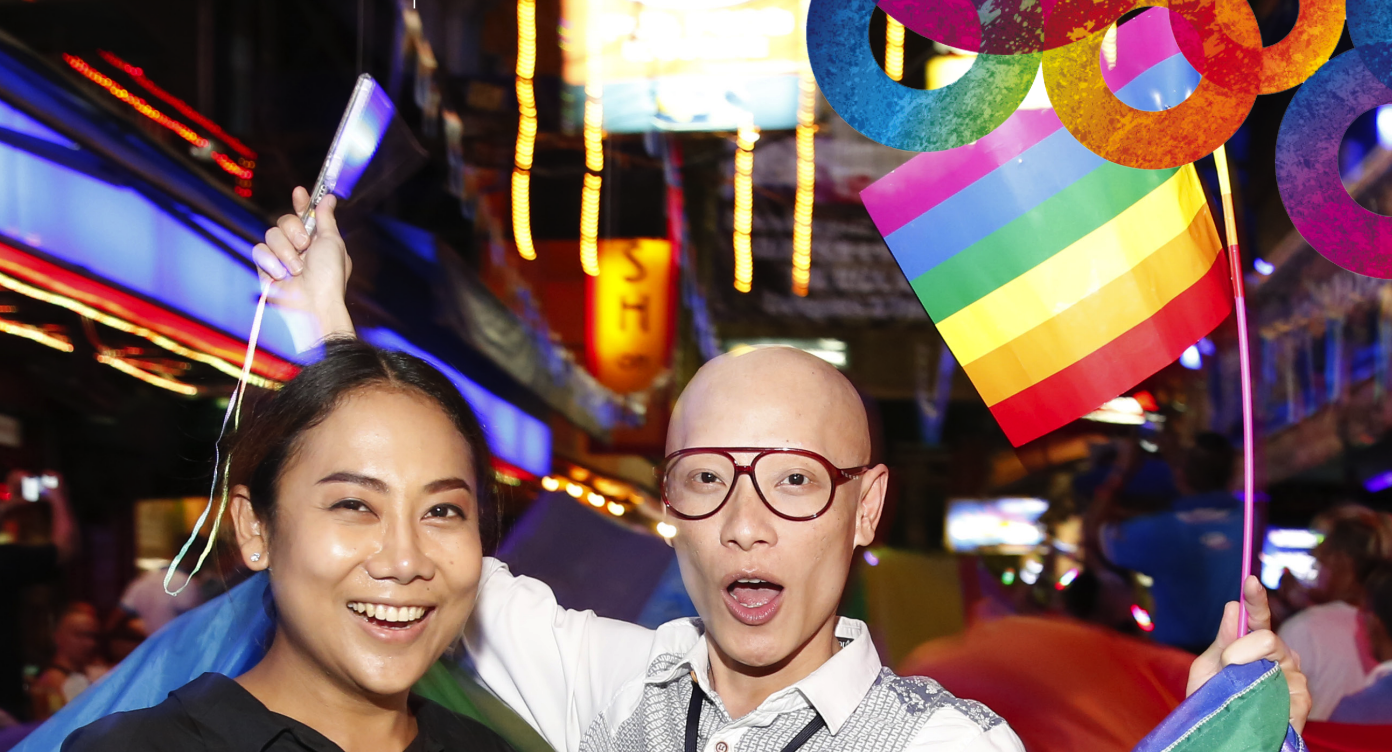
The HIV pandemic has been with us for almost 40 years now. While progress has been made in combating it, this year’s UNAIDS global report clearly shows that the crisis is far from over. Infections are actually mounting in many countries, including in Asia-Pacific, particularly among populations and communities that remain the most marginalised – men who have sex with men, transgender persons, sex workers and injecting drug users.
Gender-based violence has been with us for much longer, but it’s only relatively recently that the world has begun taking it more seriously, including the violence targeting sexual orientation and gender identity.
Still, stigma and discrimination lie at the heart of the challenge.
Those who primarily bear the brunt of HIV in Asia-Pacific remain criminalised and persecuted in many countries, driving the epidemic underground. Many individuals are simply too afraid to get tested or access medication even where it may be available under government health schemes. Judgmental health providers further add to the stigma by treating patients badly and scaring them off from returning for test results or availing of treatment.
Gathering robust data on HIV and other challenges facing key populations, therefore, remains a hurdle. And without an accurate gauge, it’s difficult to convince governments and lawmakers to ensure optimal investments in prevention and treatment to benefit those who need them the most.
Similarly, it’s a huge challenge to accurately measure the prevalence of violence against our communities, including sexual violence. The majority of survivors are simply too scared or ashamed to share their stories and demand justice, given the ostracization they all too often face from authorities as well as society at large. But without accurate data that go beyond anecdotal evidence, just as with HIV, it’s difficult to get governments to acknowledge the crisis truly exists, let alone to take action.
And, of course, we know the link between violence and vulnerability to HIV. A regional study, “The Right(s) Evidence”, clearly demonstrates how violence against sex workers and other key populations is directly linked to vulnerability to HIV and other harms.
Given these long-running catch-22 scenarios with their contradictory limitations, what can be done to bring about necessary change?
We urgently need justice systems to decriminalise key populations, and instead prosecute perpetrators of violence, stigma and discrimination.
We urgently need health providers and other key actors to be sensitised to the needs of people vulnerable to and living with HIV, and to the needs of survivors of violence, implementing an essential package of services encompassing medical and psychosocial interventions, addressing both physical and mental wellbeing.
We urgently need better data collection carried out ethically and sensitively on the prevalence of HIV and violence targeting our communities, honouring the trust bestowed upon epidemiologists and enumerators by those who choose to respond.
We urgently need HIV and violence related to sexual orientation and gender identity to be included under universal health coverage and health insurance schemes, to better ensure the integration of interventions across health systems more widely.
For all of this, we urgently need bold and strategic political leadership at the highest levels of government that also allows civil society to secure a place at the policy table to facilitate genuine dialogue between decision-makers and impacted citizens. Those who advocate for change must not be used as political targets or scapegoats, but must be listened to if we are to make headway in ending AIDS and gender-based violence.
All of this may sound utopian in an increasingly divisive world, where conservatism and populism are rolling back the clock on rights and choices, even in countries once considered champions of progressive policies.
But just a month ago, at the Nairobi Summit celebrating the 25th anniversary of the Programme of Action unanimously forged by 179 countries at the International Conference on Population and Development in Cairo in 1994, we saw the world come together once more – as government after government recommitted to upholding the vision of that landmark framework which put individual dignity, rights and choices at the heart of sustainable development, paving the way for the Sustainable Development Goals.
We saw ministers and parliamentarians, survivors of and responders to gender-based violence, people living with HIV and people living with disabilities, individuals representing key populations – united in their determination to accelerate ICPD and achieve the SDGs within a framework of gender equality and human rights.
Human Rights Day commemorates the Universal Declaration of Human Rights, a milestone document that proclaimed the inalienable rights which everyone is inherently entitled to as a human being — regardless of race, colour, religion, sex, language, political or other opinion, national or social origin, property, birth or other status. More than 70 years after that remarkable framework was unveiled, it’s time to fully honour that pledge – for our people and our communities, and for everyone.
Copyright © All right reserved to pahichan.com Site By: Sobij.